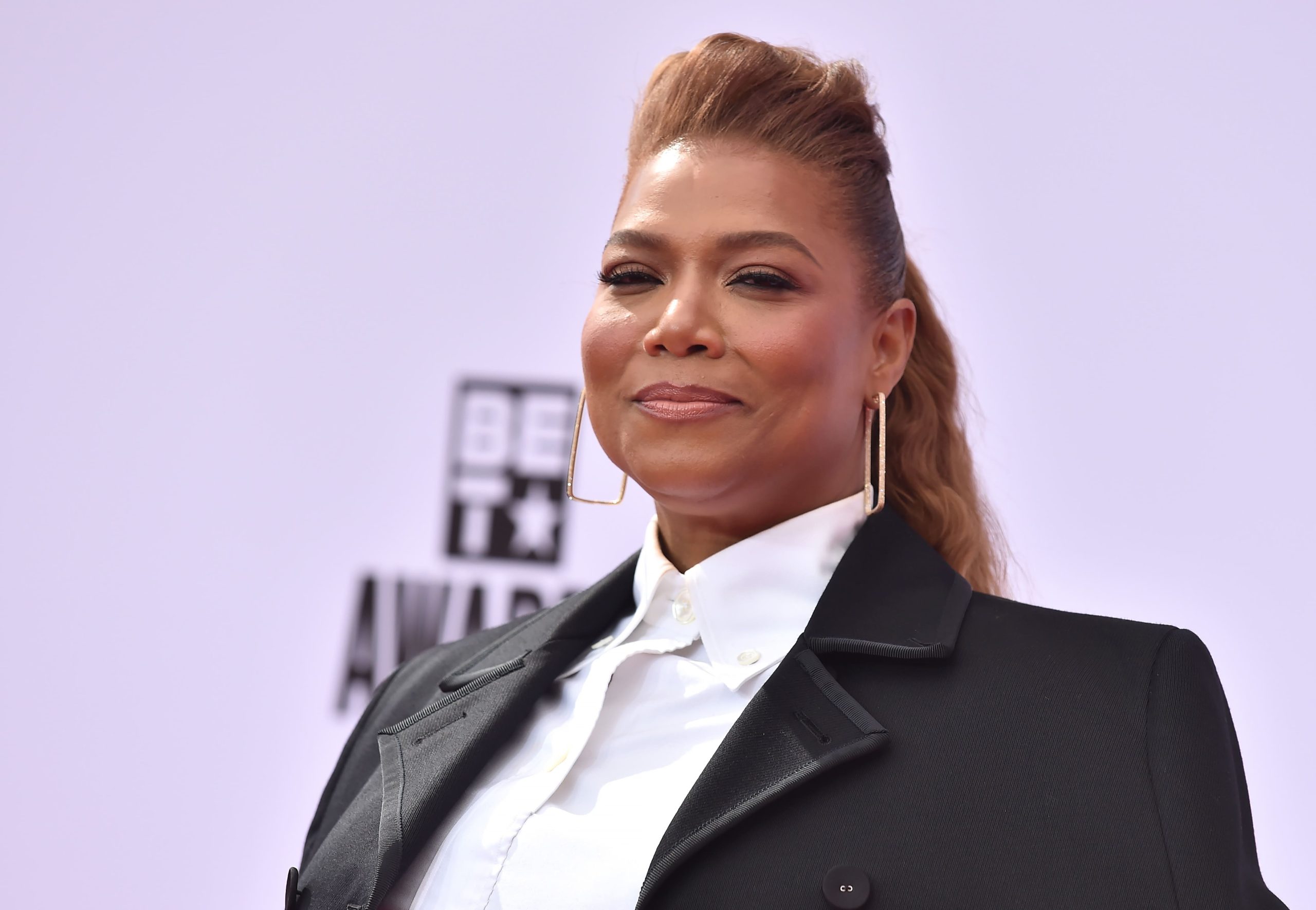The Transnational Activism of Women in Hip Hop

On the occasion of the 50th anniversary of Hip Hop, millions of fans worldwide celebrate the men and women who made it all possible. Although contemporary female Hip Hop artists may be more visible than their predecessors, women have always played a pivotal role in Hip Hop culture as artists have used their platforms to entertain, educate, and bring awareness to social issues. In Netflix’s latest limited series Ladies First: A Story of Women in Hip-Hop, Queen Latifah (Dana Owens) explained that Hip Hop resonated with her, in part, because of its political messages. “I loved that there were rappers who were talking about issues that were affecting us as Black people,” she explained.
During the 1980s, Queen Latifah used her own artistry to confront social issues and injustices affecting Black communities at home and abroad. In 1989, Black women Hip Hop artists, Queen Latifah and Monie Love (Simone Johnson), collaborated on a record that simultaneously protested gender discrimination and Apartheid in South Africa. Considered the first women’s empowerment rap anthem, “Ladies First” and its accompanying music video employed Hip Hop as a vehicle for activism. The collaboration not only celebrated women but also articulated shared struggles against racial injustice beyond the U.S. and Britain’s borders.
Large-scale decolonization propelled Africa into the global spotlight during the 1980s. Although several African countries gained independence, South Africa maintained an oppressive government and system of legalized racism: Apartheid. Similar legacies of colonialism, slavery, and racial segregation broadened connections between global Black communities and Black South Africans. Understanding similarities between Black American history and South African Apartheid, Queen Latifah explained, “we know what that is, we know exactly what that is. That’s racism, at its best. We may not be able to get to South Africa, but we can talk about it on a record.” Through Queen Latifah’s consciousness and use of symbolic visuals, she utilized the Ladies First music video to situate herself within Black South African’s fight for liberation. The video’s opening scenes displayed Black revolutionary women such as Harriet Tubman, Angela Davis, and Winnie Mandela. Depictions of strong Black women leaders, along with footage of violence against anti-apartheid protestors, directly situated Queen Latifah and Love within a global struggle against anti-Blackness and a legacy of strong Black women freedom fighters.
Queen Latifah further positioned herself at the forefront of Black South Africans’ struggle through her role as a military strategist who opposed Africa’s oppressors.
Dressed in an Afrocentric military ensemble, she observed a large map of Africa. On the map, figures (similar to chest pieces) of men wearing top hats and holding briefcases were distributed across the map. Dually critiquing racism and colonization, Queen Latifah carefully analyzed the map as the figures were quickly demolished and replaced by Black Power fists. Looking at this new political order, Queen Latifah nodded with contentment. Following in the tradition of artists during the Black Power/Black Arts Movement, Queen Latifah utilized her artistry to communicate messages of Black liberation, self-determination, pride, and anti-colonialism by placing the symbolic Black Power fists on the map. By doing so, Queen Latifah condemned anti-Blackness and colonization and advocated for Black political and economic control all while suggesting the dismantling of South African oppression lay in Black Power. Ladies First not only suggested an end to racism and sought Black Power but also highlighted women’s empowerment.
The record’s lyrics embraced sisterhood and conveyed confidence through positive references to women through lines like, “believe me when I say being a woman is great,” or “Cause they see a woman standing up on her own two/Sloppy slouching is something I won’t do.” Coupled with advocating for women’s empowerment, Queen Latifah and Monie Love’s flow and lyrics sought to debunk beliefs that considered female rappers inferior to their male counterparts. For instance, Queen Latifah’s steady flow complimented Monie Love’s intricate and up-tempo rhymes as each performer “passed the mic” as if in conversation. The artists tackled beliefs that suggested women could not rhyme as they rapped, “some say that we can’t flow/stereotypes they have to go.” Together, Queen Latifah and Monie Love demonstrated confidence and sisterhood suggesting female artists could do it all.
The Ladies First music video furthered notions of women’s empowerment by depicting Queen Latifah as a leader of men in her role as a military leader. After Black Power fists replaced all the former figures on the map of Africa, a group of Black men surrounded Queen Latifah while holding up their Black Power fists. This portrayal refuted stereotypical gender roles that suggested women were unfit to hold leadership positions. Additionally, the scene expressed unity amongst Black men and women indicating global liberation for Black people was only possible through solidarity among Black men and women.
Ladies First also expressed unity through the repeated line sampled from Malcolm X, “There are going to be some changes made here.” According to scholar Tricia Rose, Queen Latifah reinterpreted Malcolm X in support of anti-apartheid but also women within Hip Hop who sought equality and respect. Queen Latifah explained, “I made ‘Ladies First’ for ladies and men. For guys to understand and for ladies to be proud of.”1 Furthermore, Latifah’s incorporation of Malcolm X’s words articulated efforts towards liberation for all Black people while it equally highlighted Black women as key actors in the long quest for liberation.
Ladies First reveals how Black women Hip Hop artists used themes of liberation and anti-colonialism to blend identities into a globalized language of gender equality, Black empowerment, and international solidarity. Reflecting on the last fifty years of Hip Hop, women’s contributions to the culture, and the “Ladies First” record and video, reminds us of Hip Hip’s liberatory potential and its hopeful future.
- Dominique DiPrima, “Beat the Rap,” Mother Jones, 1990, pp. 36-82, 36. ↩
